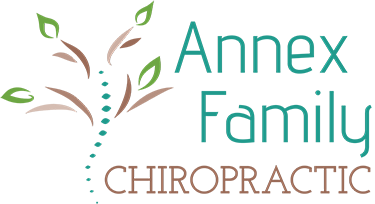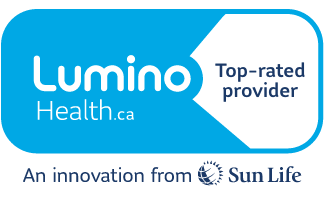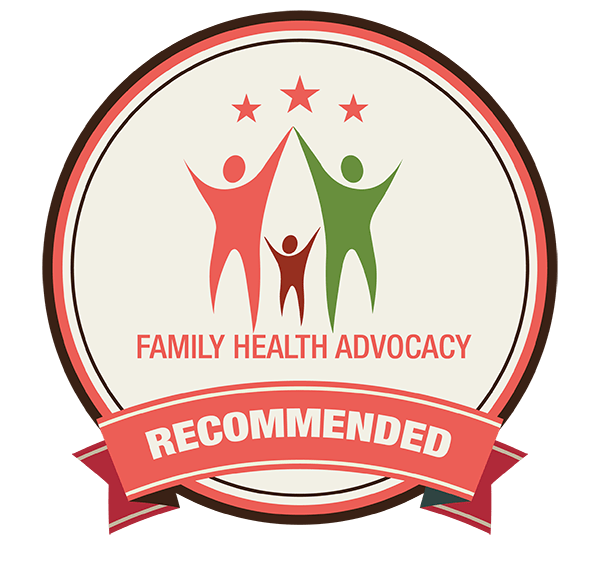Does our body need medication?
Right off the bat this is an interesting and touchy subject – or is it?
Every day new people come into my clinic, ask for my help, and are of 1 of 3 different mindsets: those who have always disliked taking medications and strive to do all things natural; those who don’t mind medications but are tired of taking pills for their ills without long-term results; and those who have consistently taken medications, may have prescriptions constantly on the go, and are trying to mix in alternative methods.
Who gets the best results? Makes you wonder, doesn’t it – but here’s the key fact: the human body was designed with an abundant medicine chest built right inside, and already knows how to heal itself.
For the health of it?
The makers of all things OTC (Over-the-counter) and prescriptions more than likely started out many many years ago formulating substances that would help aches and pains, cure fevers, and overall help people who were suffering, sick or tired. Has that purpose changed? Or has it merely grown?
Most people already know how financially healthy pharmaceutical companies are; decades ago it was through the advice of one’s family doctor that prescriptions were recommended – at that point in time it was more than likely that a pharmaceutical sales representative could have been suggestive towards a certain product and perhaps influenced more trial usage by rewarding medical professionals for their efforts. While those days have dwindled, pharmaceuticals are still heavily present in media and advertising – letting the potential consumer make suggestions to their own doctor!
Smart marketing is smart marketing – and it exists in every profession to attract customers to products who didn’t know they existed previously. The concern is when the product or service is NOT ideal for the consumer but is marketed in their direction irregardless, potentially causing more harm than good.
The Opioid Crisis
The crisis is real – this general Google search can connect you with valid and informational links to bring to light how serious over-prescriptions are, and how many people are more sick and in more trouble because of the medications they receive or take, rather than being in better shape. The government of Canada has a great website to help understand the current predicament.
Medications, pain killers, anti-inflammatories and other OTC/prescription drugs are never going away – and in certain instances, they most certainly have short-term benefits and aid some suffering scenarios. Personally, I’ve had 2 “involuntary” episodes with painkillers – when I was 16 and had surgery on my ankle, my recovery was aided by Morphine and then Demerol, so I didn’t wake up and scream bloody murder. But that was for 3 days.
The second episode was after an inguinal hernia surgery last summer – anesthetic during the surgery, and likely some sedatives post-surgery to avoid the same shock value. My 2nd and 3rd nights of recovery, I “stopped trying to be a hero” and took 1-2 Aspirin to allow my body to sleep more easily. And they helped. But that was the end of my medication usage.
Doesn’t sound so harsh, does it? In my efforts to lead a drug-free, toxin-limited lifestyle, my ears always perk up when people use medication daily, start depending on “mild” medications to ease their suffering, and don’t seem to mind it. Search any common pill and look for the possible list of side-effects – that list is typically larger than the list of benefits. In some cases, it’s shocking how many issues could arise from taking a few small pills every day.
Overprescription
WebMD had a great article last year talking about American stats on over-prescription plus over-usage when opioids and other medications were obtained legally or through other illicit means. The details are staggering and in my personal opinion, mindblowing. Yet people still don’t think twice about “just a few painkillers here, and there, every week”…
Thinking differently about medication usage
The truth is seemingly simply: our bodies have an amazing ability to heal, to recover, produce natural painkillers and
positive hormones/chemicals without external influence. And while most people believe it, they may not give their body the time & opportunity to heal on its own.
Whether stimulated through mindfulness, exercise (exercise mimicking medications study), a healthy diet, and from my experience and research a healthy nervous system, it’s more than possible to reduce, minimize or eliminate someone’s dependency on medication while still leading a less painful life.
Medication Considerations
To conclude, I invite people to look at their pill usage, question the validity, question the long list of possible side effects, question the toxicity that comes from long-term usage, and be cautious about what they put into their bodies whether it be medication, food, or other substances.
Ask your natural health care practitioner for advice, thoughts, and alternatives. Think twice about your consumption of most anything (but don’t overanalyze), if you want to be healthy on the inside and out.
Note* It is outside my scope of practice to give advice about specific medications and their use therefore this article and the contents herein are for information purposes only. If you have questions about your specific medications then you should contact your medical doctor.





